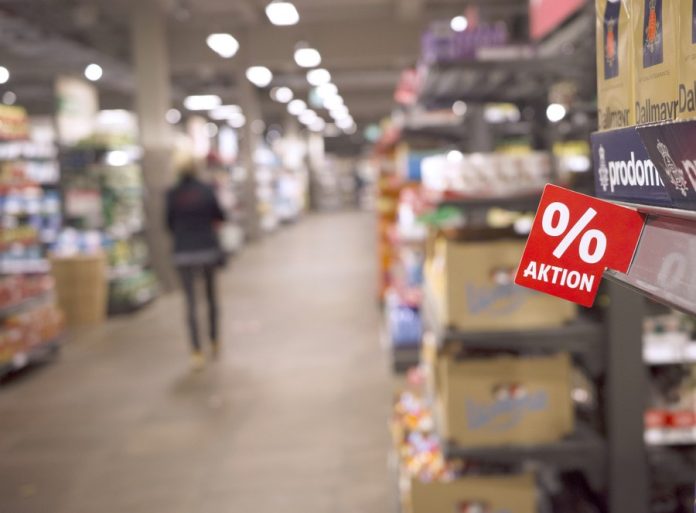Germany’s annual consumer inflation rate was confirmed at 3.7 per cent in December, according to official data released on Tuesday.
The figure was down from November’s two-year low of 3.2 per cent thanks to a jump in energy prices, Destatis data showed.
Energy prices rose 4.1 per cent year-on-year in December after a 4.5 per cent decline in November due to a base with the so-called “December immediate relief”.
Food costs rose 4.5 per cent year-on-year in December 2023, slowing from November’s 5.5 per cent rise. Core inflation, which excludes food and energy, fell to 3.5 per cent, the lowest since July 2022.
On a monthly basis, consumer prices rose 0.1% in December, compared to a 0.4% decline in November. For the full year 2023, consumer inflation averaged 5.9 per cent, down from a record high of 6.9 per cent in 2023. Food prices rose 12.4 per cent in 2023 from a year earlier, Destatis data showed.
Energy inflation fell to 5.3 per cent in 2023 after a sharp 29.7 per cent rise in 2022, which was triggered by the war in Ukraine and multiple crises.
Normalisation of prices is expected to be difficult as COVID-19 and energy crisis measures come to an end. From January, petrol stations and restaurants will be subject to the normal rate of 19 per cent instead of the reduced value-added tax rate of 7 per cent.
